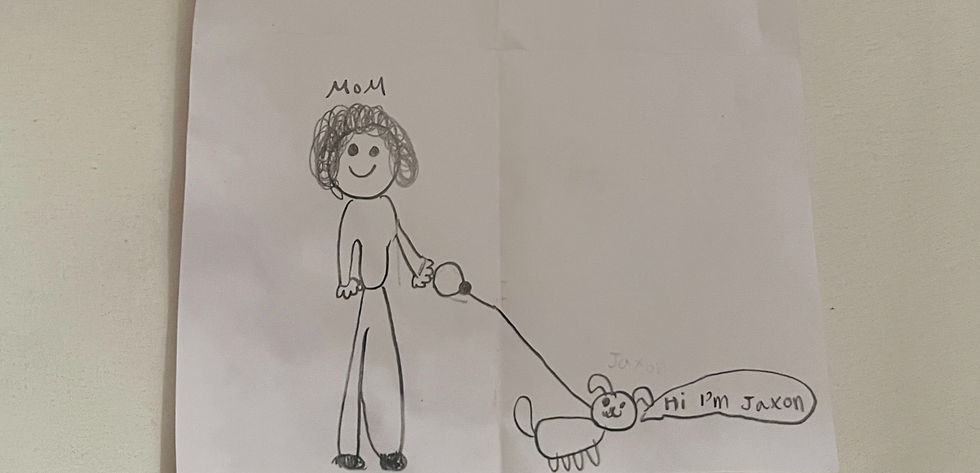Animal-assisted therapy
- TM
- Dec 3, 2022
- 2 min read
Animal-Assisted Therapy (AAT) is healing due to the profound psychological, emotional, and physiological benefits that interactions with animals can bring. Here's why it's considered a powerful therapeutic tool:
Emotional Support and Stress Reduction: Animals, especially therapy dogs, horses, and cats, provide unconditional affection and companionship, which can alleviate feelings of loneliness, depression, and anxiety. The act of petting or spending time with an animal triggers the release of oxytocin (the "love hormone"), which promotes feelings of relaxation and reduces levels of cortisol, the stress hormone.
Non-Judgmental Presence: Unlike humans, animals do not judge or criticize, creating a safe space for people to open up emotionally. This can be especially helpful for individuals with trauma, PTSD, or those struggling with social anxiety, allowing them to express feelings they may not be comfortable sharing with others.
Improved Social and Communication Skills: For individuals with autism or communication disorders, interacting with animals can help improve social skills and non-verbal communication. Animals offer a calm and patient presence, encouraging interaction without the pressure of conventional social expectations.
Physical Health Benefits: Regular interaction with therapy animals has been shown to lower blood pressure, improve cardiovascular health, and enhance physical activity. In the case of physical therapy, animals (such as horses in equine therapy) can motivate patients to move, balance, and engage in physical exercises, enhancing recovery.
Emotional Regulation and Coping Mechanism: Animals provide a source of comfort and emotional regulation, helping individuals cope with difficult emotions such as anger, grief, or frustration. Their calming influence can improve mood and provide a sense of security, making them effective in therapy for depression, PTSD, or anxiety disorders.
Sense of Purpose and Responsibility: Caring for an animal fosters a sense of responsibility, purpose, and routine, which can be crucial for individuals struggling with mental health issues, addiction, or chronic illnesses. The bond formed with the animal gives the patient motivation to get out of bed, care for the animal, and engage with life.
Grounding and Mindfulness: Spending time with animals promotes mindfulness and being present in the moment. The act of engaging with an animal — whether it's through petting, playing, or simply observing — brings individuals into the here and now, reducing rumination and negative thought cycles.
Building Trust and Relationships: For individuals with trust issues or relational trauma, animals can act as a bridge to developing trust and healthy attachments. The bond formed with a therapy animal can help rebuild emotional connections, which can then be transferred to human relationships.
Through these benefits, animal-assisted therapy serves as a holistic approach to healing, addressing both mental and physical health in an integrated, compassionate manner.
I did not create the image " The Power of Pet Therapy", but it is a beautiful illustration by: One Green Planet.









